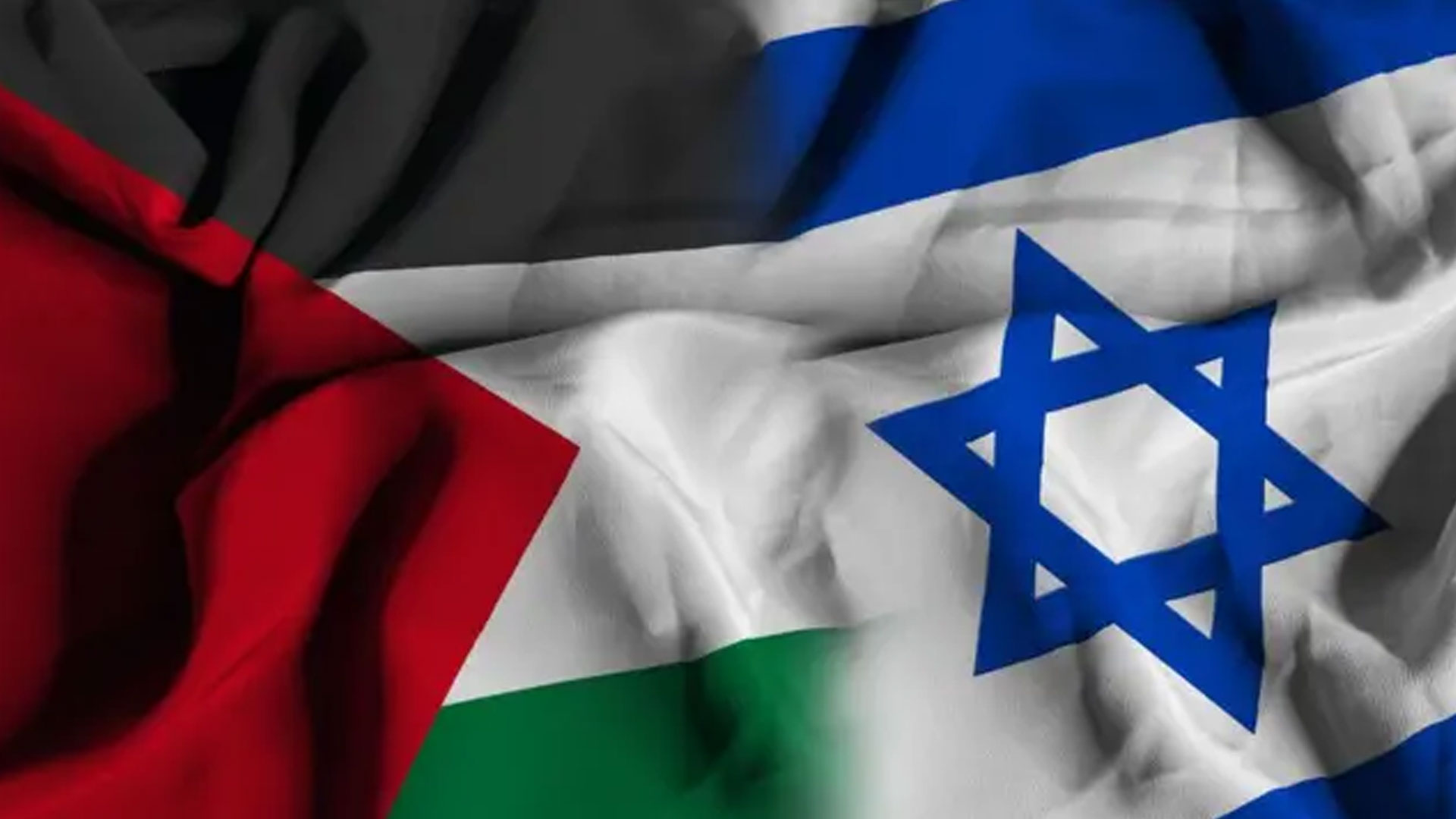Israel, Hamas to Resume Hostage Talks in Egypt Amid Renewed Diplomatic Momentum
Israel-Hamas hostage talks resume in Egypt amid US pressure. Trump warns Hamas faces "complete obliteration" if no deal, as Netanyahu seeks quick hostage return.

ERBIL (Kurdistan24) – Israel and Hamas are set to resume crucial negotiations in the Egyptian resort town of Sharm El-Sheikh on Monday, as diplomatic momentum builds around U.S. President Donald Trump’s proposed roadmap for a ceasefire and hostage exchange in Gaza. The upcoming round of talks comes amid cautious optimism from Washington and growing anticipation in both Israel and the Gaza Strip.
Israeli Prime Minister Benjamin Netanyahu announced on Sunday that a high-level delegation, led by Strategic Affairs Minister Ron Dermer, will depart for Egypt “as early as tomorrow” to participate in the new phase of talks aimed at securing the release of hostages held in Gaza.
“The delegation will leave as early as tomorrow for talks to be held in Sharm El-Sheikh, Egypt,” Netanyahu said in an official statement, following an earlier announcement by a government spokesman that the negotiators would leave Sunday. The Israeli prime minister expressed hope that the upcoming discussions could lead to the return of hostages “within days,” following Hamas’ positive response to the U.S.-brokered truce initiative.
Speaking at the White House, President Donald Trump confirmed that negotiations to implement a Gaza ceasefire are already underway. “They’re in negotiations right now as we speak. They’ve started the negotiations. It’ll last a couple of days,” Trump told reporters. “We’ll see how it turns out. But I’m hearing it’s going very well.”
In a text exchange with CNN, Trump said “yes” when asked if Prime Minister Netanyahu was committed to ending Israel’s military campaign in Gaza. The president also reiterated his expectation for “clarity soon” on whether Hamas is committed to peace, adding a stern warning: “If Hamas refuses to cede power, they will face Complete Obliteration!”
Trump emphasized that his administration is working intensively on both immediate and long-term arrangements. “This is not just about a temporary truce,” he said, “but about setting the stage for lasting peace and stability in the region.”
U.S. Secretary of State Marco Rubio underscored the need for Israel to halt its ongoing air and artillery strikes on Gaza to facilitate the hostage release. Speaking on CBS News’ Face the Nation, Rubio said, “I think the Israelis and everyone acknowledge you can’t release hostages in the middle of strikes, so the strikes will have to stop. There can’t be a war going on in the middle of it.”
In an appearance on NBC’s Meet the Press, Rubio also noted that the logistical aspects of the deal will take time to arrange. “There are logistical challenges to address before the hostages can be freed,” he said, adding that establishing a new governing structure in Gaza would be “even harder.”
“You can’t set up a government structure in Gaza that’s not Hamas in three days,” Rubio explained. “It takes time, coordination, and security guarantees.”
In parallel, Hamas officials have called for an immediate start to the hostage-prisoner swap as both sides prepare for talks in Egypt. A senior Hamas source told AFP that “Hamas is very keen to reach an agreement to end the war and immediately begin the prisoner exchange process in accordance with the field conditions.”
Foreign ministers from Egypt and several other nations have described the negotiations as “a real opportunity” to secure a sustainable ceasefire after nearly two years of devastating war in Gaza. The conflict, which began following the deadly Oct. 7, 2023, Hamas attack on Israel, has since claimed tens of thousands of lives and left much of Gaza in ruins.
Hamas’ acceptance of the main points of Trump’s proposal — including the release of Israeli captives in exchange for Palestinians held in Israeli prisons — has injected renewed hope into the diplomatic track after months of deadlock.
Even as negotiators prepare to convene in Egypt, Israel’s military leadership has warned that hostilities could resume if talks fail to deliver tangible progress. “There is no ceasefire at the moment,” said Lieutenant General Eyal Zamir, Israel’s army chief, addressing soldiers stationed in Gaza.
“The operational situation has changed, with the political level now converting the tools and achievements you have gained through military action into political gains,” Zamir stated, according to a military communique. “If the political effort fails, we will return to fighting.”
The remarks underscore the fragility of the current lull in hostilities, with Israeli forces maintaining positions across parts of Gaza as both sides weigh the outcome of the upcoming negotiations.
The Sharm El-Sheikh meeting represents the most significant diplomatic engagement since Hamas submitted its written response to Trump’s twenty-point ceasefire proposal. The talks are expected to center on the immediate release of captives, the withdrawal of Israeli forces, and the establishment of a transitional governing mechanism for Gaza led by an independent Palestinian technocratic authority.
As delegations from Israel, Hamas, and Egypt, alongside U.S. mediators, converge on the Red Sea resort, the region watches with measured anticipation. The outcome of these talks may determine whether the fragile truce evolves into a path toward stability — or gives way once again to the cycle of war and devastation that has long defined Gaza’s fate.